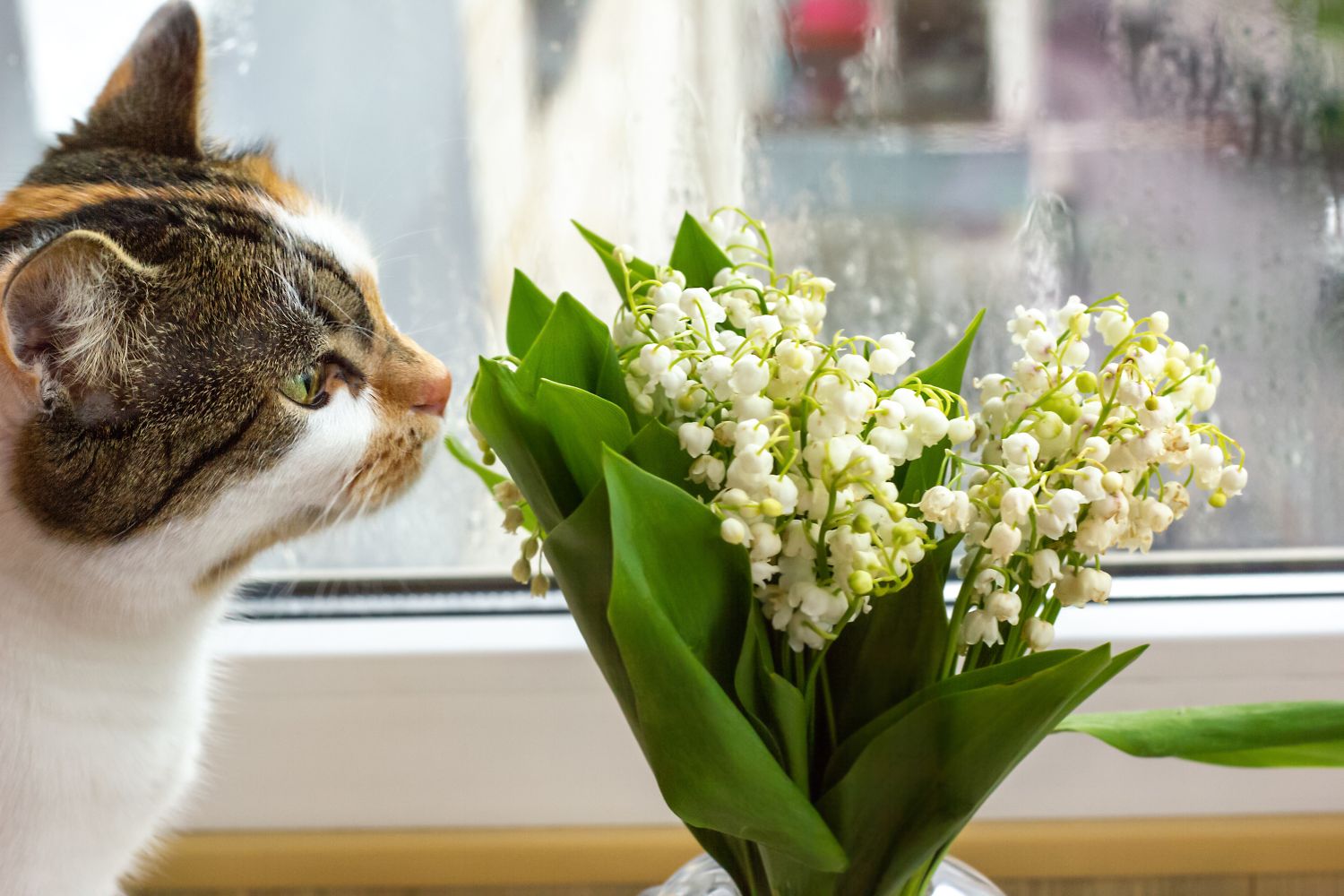Why is My Cat Sneezing?
We are no strangers to snotty, sneezy kitties at Sunrise Boulevard Animal Hospital. Understanding the causes of sneezing in cats can be a little complicated, but it is a problem our feline friends experience fairly frequently. If you are wondering “why is my cat sneezing,” look no further—we have your answers.
Potential Causes of Sneezing in Cats
Sneezing is a natural reflex that occurs when the nasal passages are irritated. The occasional sneeze is totally normal. If you are saying ‘gesundheit’ often enough to be asking “why is my cat sneezing,” though, something is probably not quite right.
A variety of nasal and sinus issues can be the causes of sneezing in cats. Some of the more common culprits include:
- Respiratory irritants like smoke, dust, or fragrance
- Foreign material in the nasal passage such as a plant awn
- Growth or polyp in the nasal passages or sinuses
- Upper respiratory infection
- Inflammation or irritation of the nasal passages
- A diseased tooth (the tooth roots communicate with the sinuses)
Sometimes addressing the sneezing just means blowing out the candle or looking for a dust-free kitty litter. Other times, though, your veterinary team may need to help.
Herpes: The Gift That Keeps Giving
One of the most common causes of sneezing in cats is an upper respiratory infection. These can cause sneezing, nasal discharge, watery eyes, fever, congestion, and even ulcers in the mouth, nose, or eyes. Any cat can be affected but kittens, outdoor cats, or cats that live with many other cats are at higher risk.
Upper respiratory infections are caused by a variety of viruses and bacteria. The most common cause of a URI in cats is feline herpesvirus.
Most of the time, the infection will run its course over a period of 7-10 days. Many cats will not require treatment, however if congestion becomes severe enough to where the animal cannot breathe, a high fever develops, or there is a loss of appetite, medical attention is required.
Unfortunately, even once a cat recovers, those that have been infected with herpesvirus will continue to be infected for the rest of its life as the virus never truly goes away. It hides itself in the trigeminal ganglion in the head where the immune system is able to keep the infection confined. When the immune system becomes stressed, the virus is able to escape and cause symptoms to recur. This means that during periods of immunosuppression (stressful events such as boarding, surgery, or moving), a new upper respiratory infection may rear its ugly head. In this way totally indoor pets that are not exposed to any other cats can have repeated upper respiratory infections throughout their lifetime.
When to Worry
The occasional cute kitty sneeze is nothing to lose any sleep over. When should you worry, then?
In general cat sneezing becomes worrisome when:
- The cat is lethargic
- Nasal discharge is green/yellow or has blood
- Breathing is labored
- Appetite is decreased
- Symptoms are not improving after a few days
- It is accompanied by irritation of the eyes
- There is a fever (temperature above 102.5 F)
- Swelling or pain is present
Most feline sneezing causes and treatments are pretty straightforward, but it is important to determine the underlying cause so that we can get your cat feeling better as quickly as possible. Contact us right away if you have concerns about your cat. No matter if you have a sneezing feline or another problem altogether, help is just a phone call away.

